Causes and Implications of Media Polarization in Georgia and V4 states
On April 15, 2024, our team Strategic Analysis Think Tank was part of the public discussion under the project “Supporting Decrease of Media Polarization in Georgia and V4 States.” At the concluding discussion researchers from Georgia, Slovakia, Poland, Czechia, and Hungary presented the findings of the joint report about media polarization in Georgia and V4 states.
The emerging polarization has changed the media landscape and the political power relationships in Georgia and Visegrad countries like Czechia, Poland, Hungary, and Slovakia. Nowadays, not only domestic but also foreign political issues appear as polarizing factors, especially after the Russian invasion of Ukraine. In such a polarized environment, it became particularly challenging for the voters to make an informed decision at the elections. Therefore, is important to build public discussion around the following questions:
– To what extent do the domestic and external factors increase the polarization level according to the perceptions of the media experts and journalists from Georgia and V4 states?
– What is the interrelation between political and media polarization in Georgia and V4 states?
– What are the effective instruments for mitigating media polarization?
– How can media play a positive role in voters’s informed decision-making?
The speakers of the discussion:
- Salome Kandelaki, Project Manager & Policy Analyst, Georgian Institute of Politics
- Jan Cingel, Founder and President, Strategic Analysis Think Tank
- Miloš Gregor, Ph.D. Assistant professor, Department of Political Science, Masaryk University
- Erik Uszkiewicz, Vice-Chairperson of the Hungarian Europe Society
- István Hegedűs, Chairman, Hungarian Europe Society
- Katarzyna Chimiak, Analyst and Project Coordinator, The European and Migration Policy Program of the Institute of Public Affairs (IPA)
Moderator of the discussion: Renata Skardžiūtė-Kereselidze, Deputy Director, Georgian Institute of Politics
The project is generously funded by the International Visegrad Fund and MFA Republic of Korea.
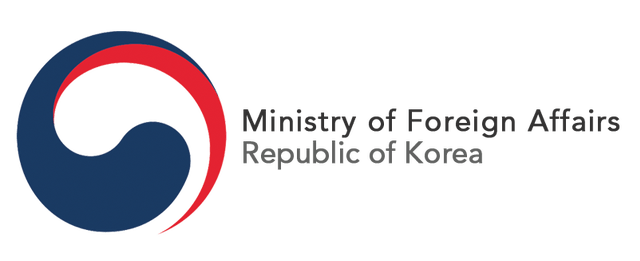
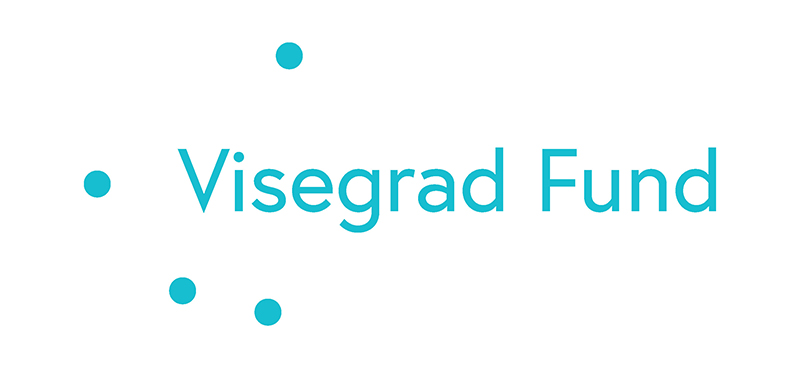

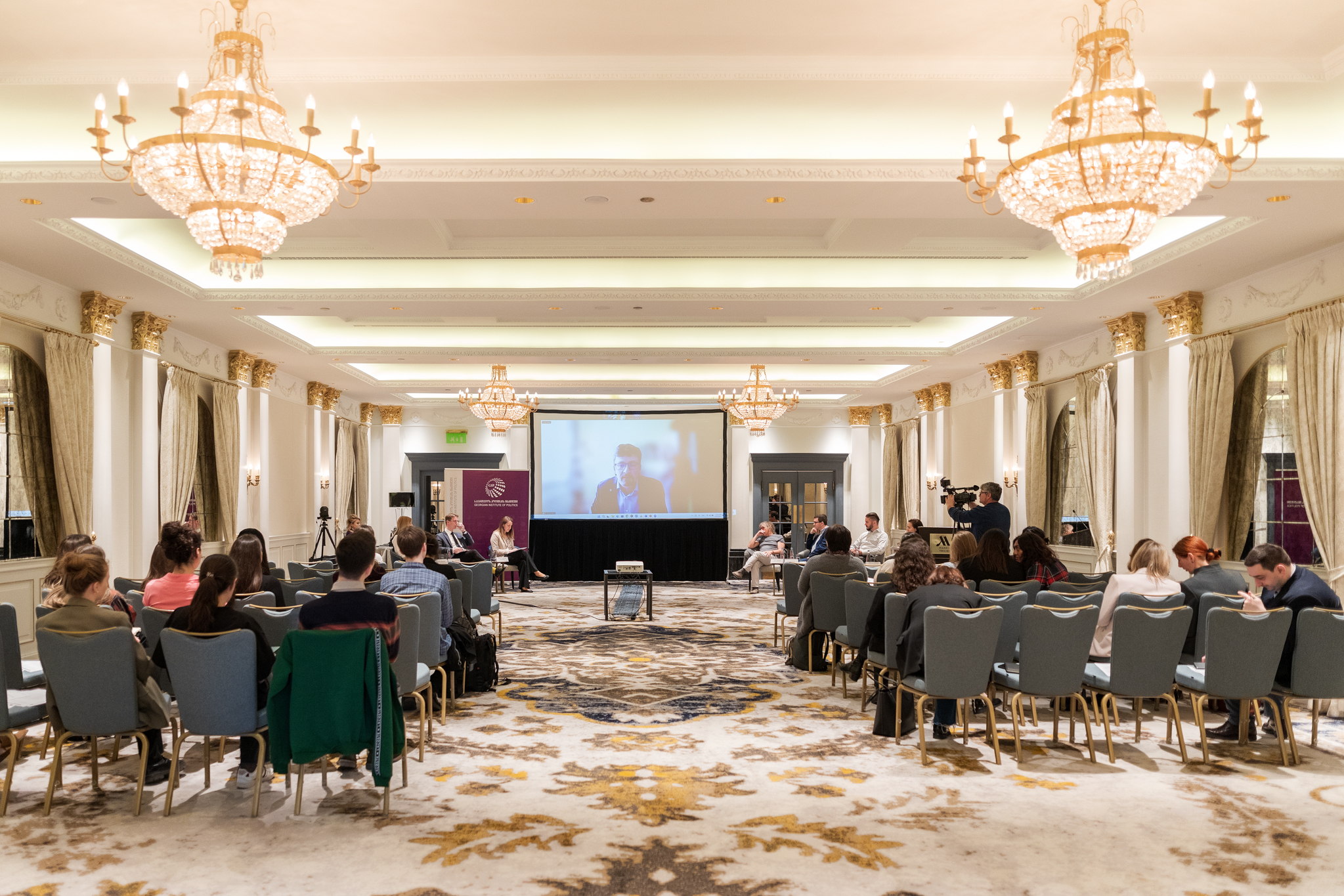
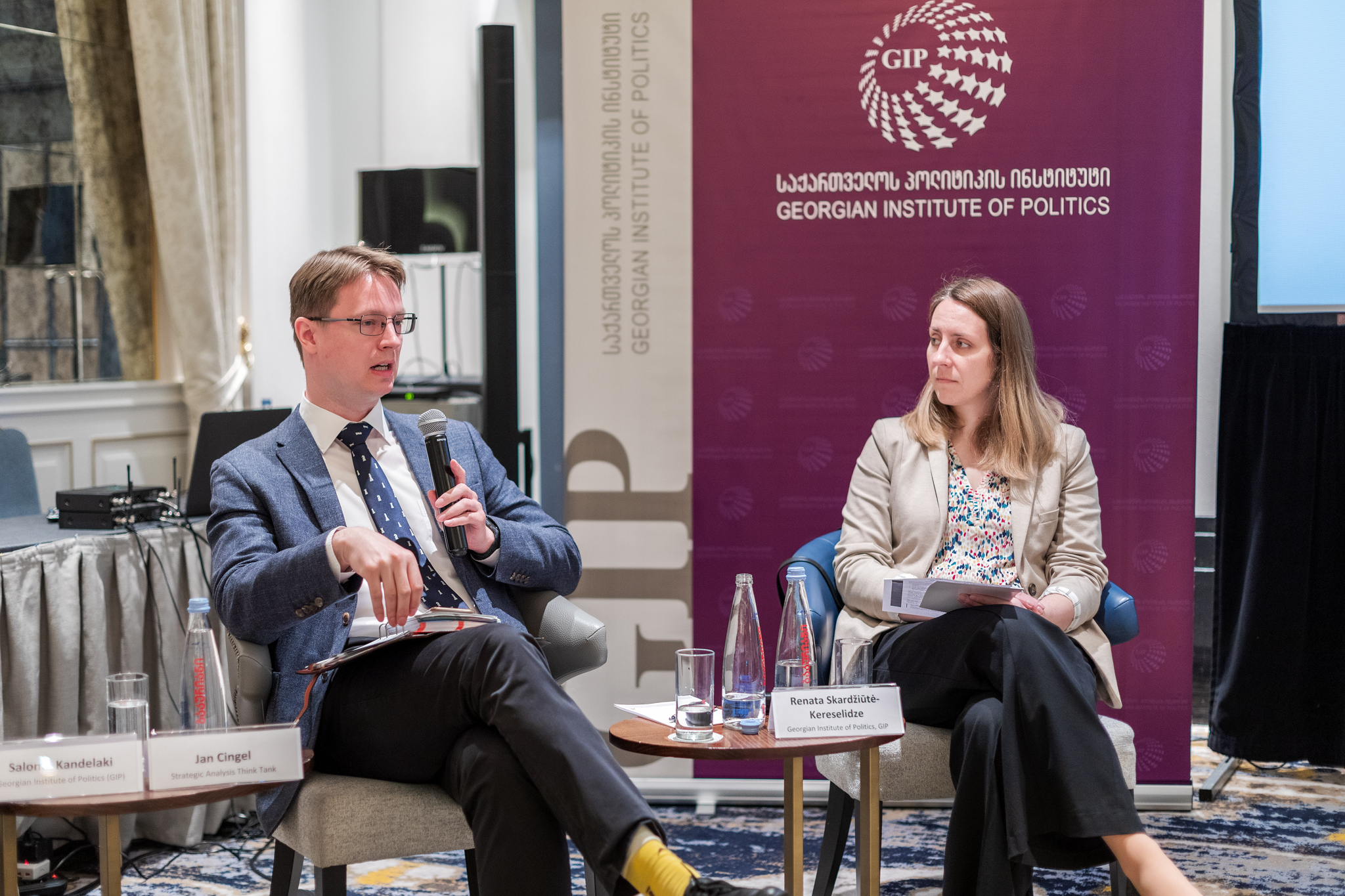
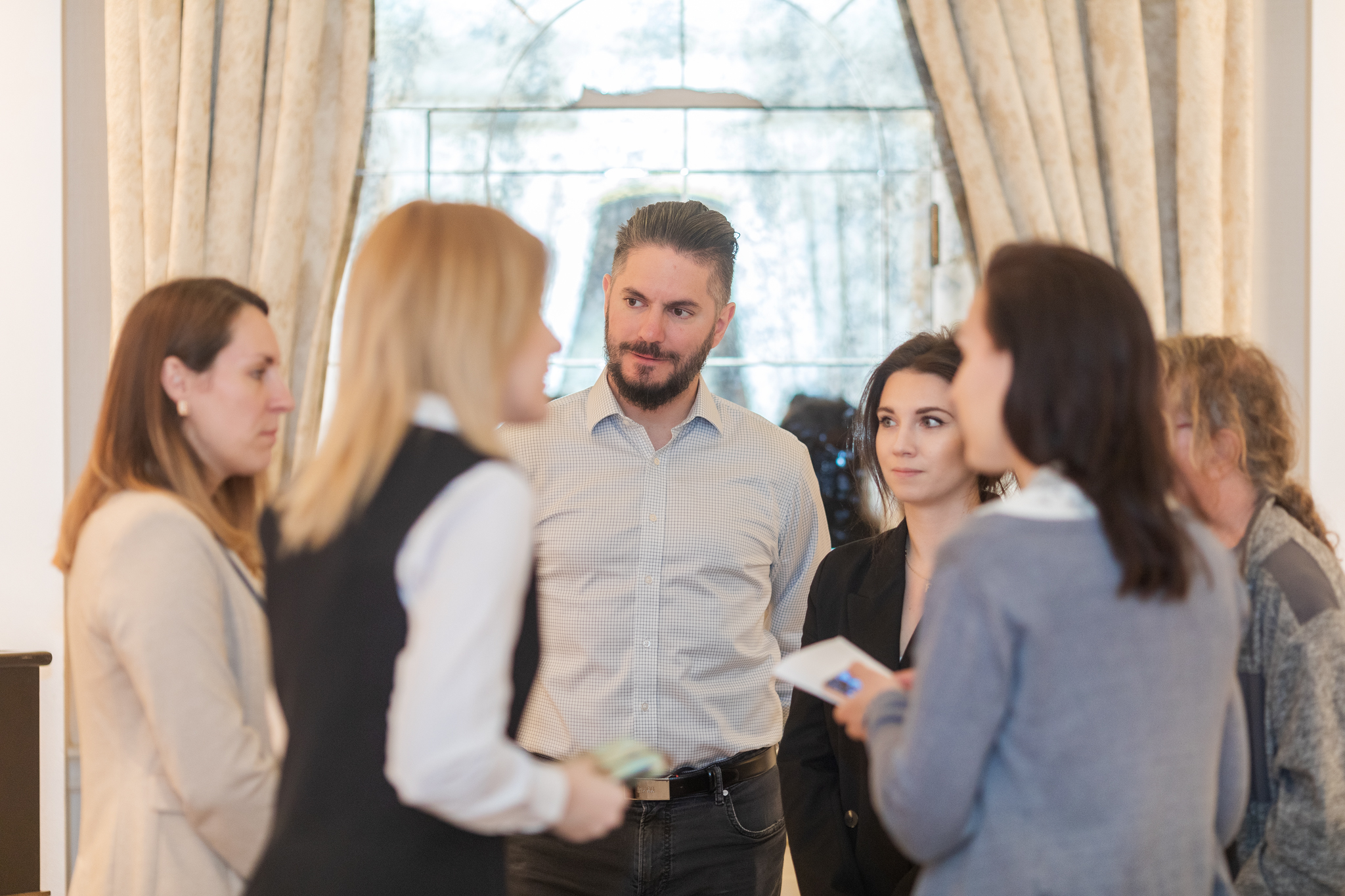
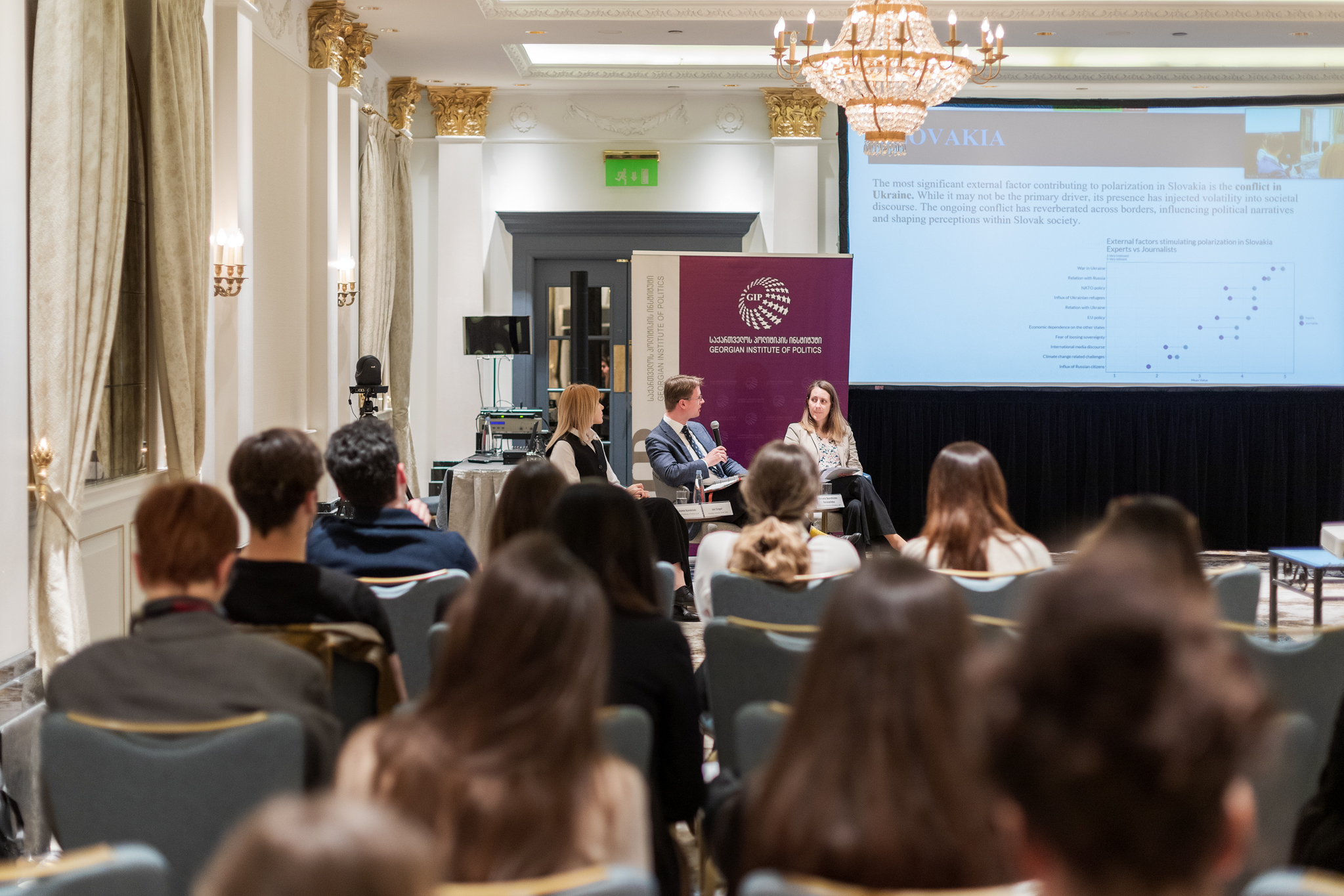
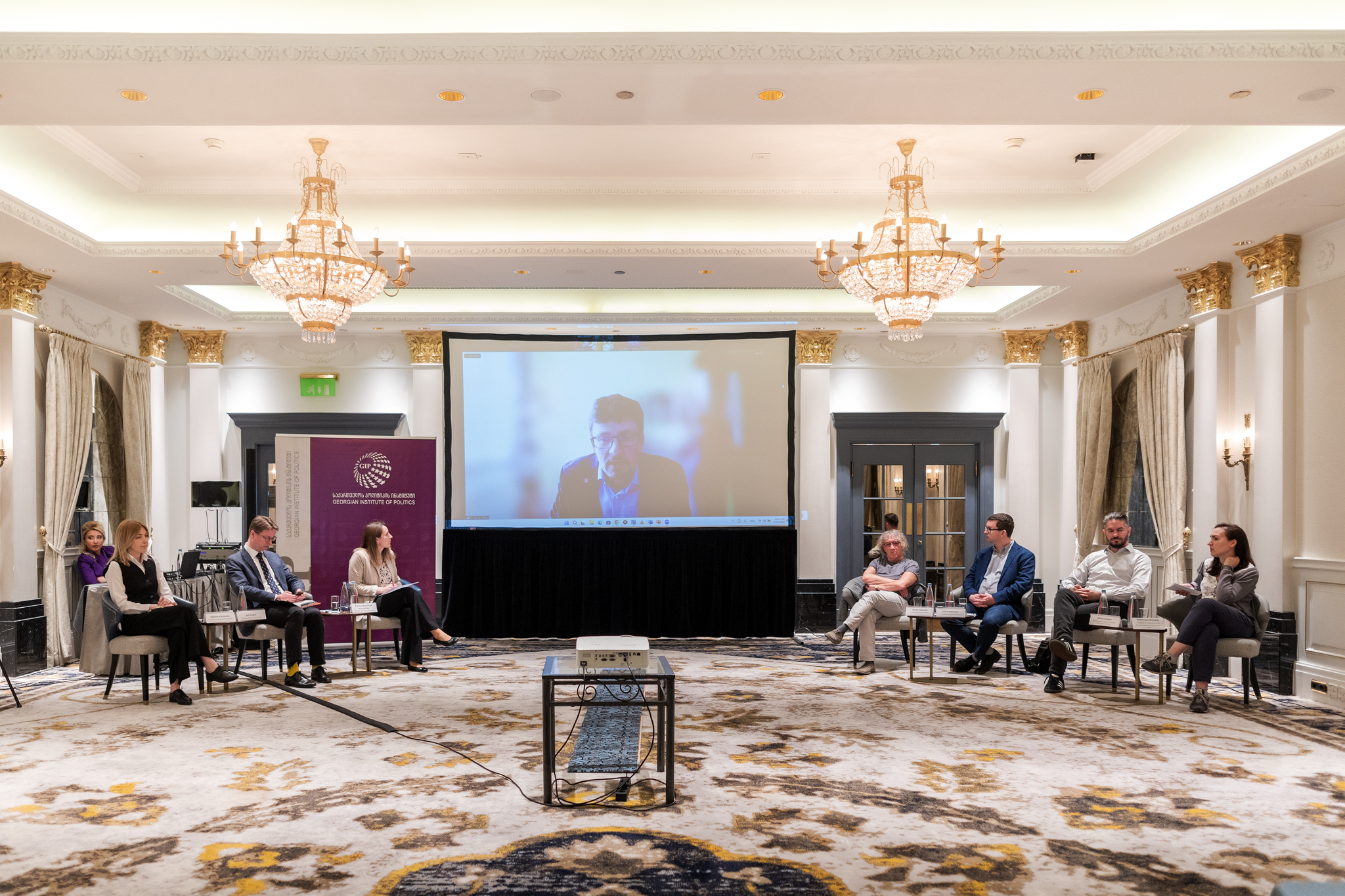
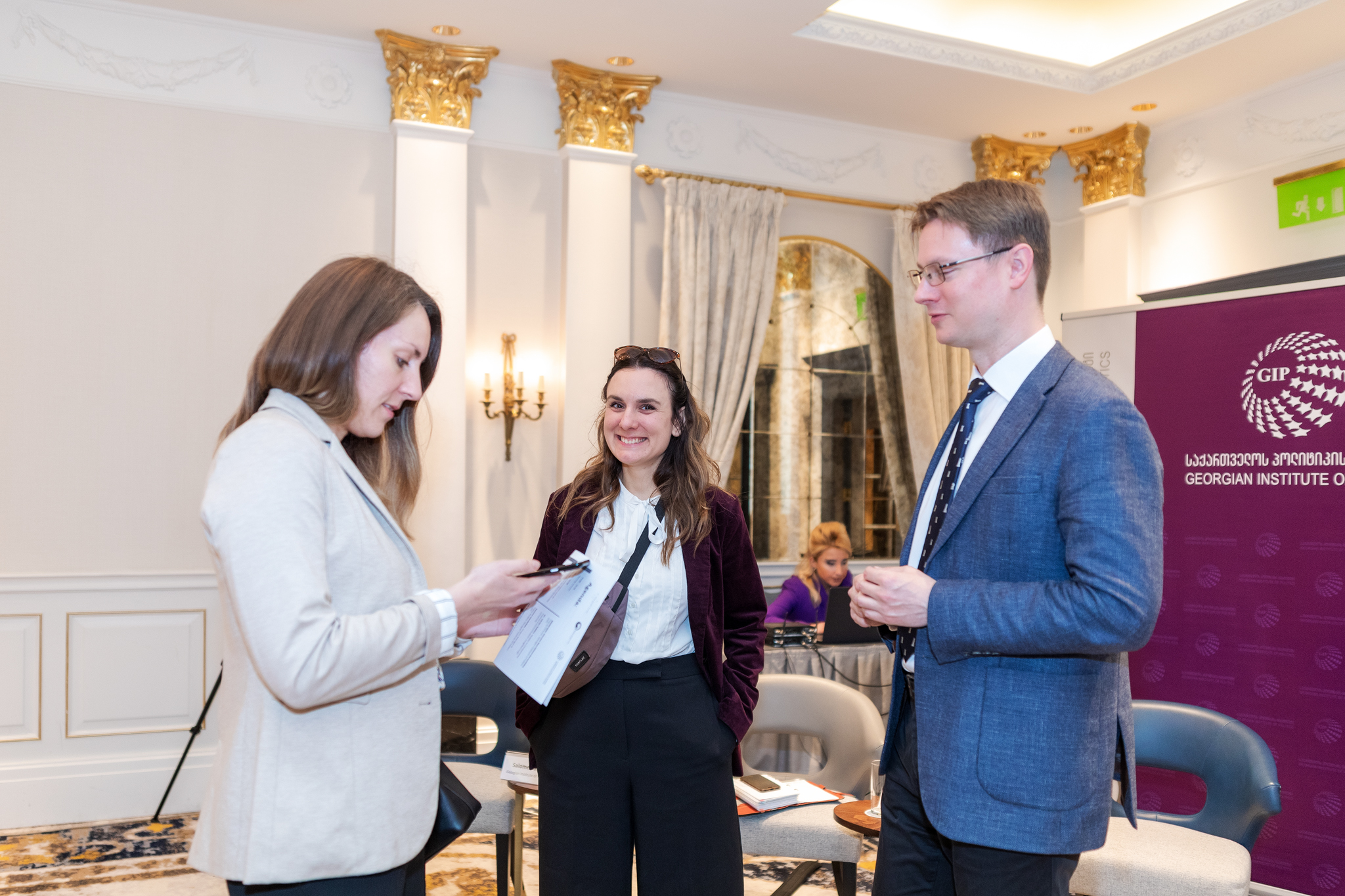

Contact us